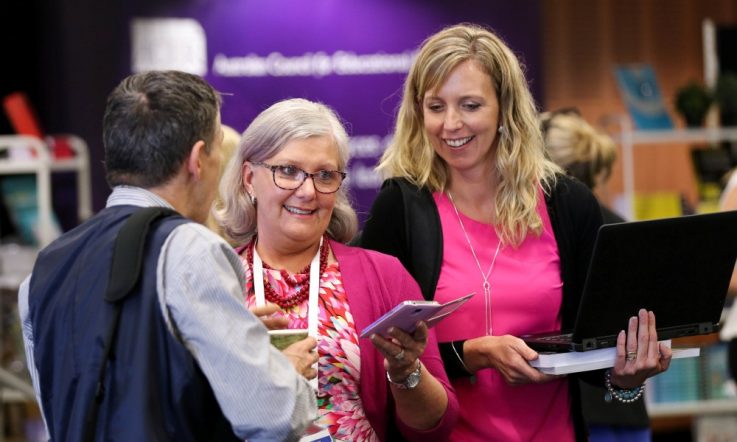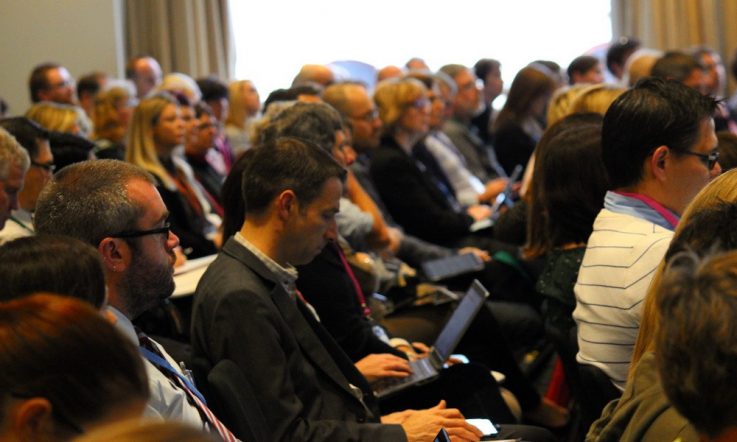‘We know that self-concept or self-esteem has a significant effect on student learning but the mistake we've made is to try and boost student self-esteem and self-concept artificially and that doesn't work,' Professor Stephen Dinham shares with Teacher editor Jo Earp in today's video.
Following his keynote address at the Excellence in Professional Practice Conference (EPPC) on the Gold Coast, Dinham took some time to explain why boosting self-esteem artificially gives a false impression that students are better at something than they really are.
‘The key to self-esteem growth and student learning is for every student to actually experience success,' he says.
‘If they're getting regular feedback – developmental feedback as well as judgemental feedback – [that] they're getting better and “this is how to get even better”, they'll start to feel better about themselves and that will cycle into greater confidence, greater self-esteem and so on, and you get an upward cycle.'
When it comes to gifted and talented students, Dinham says it's important to not to see their abilities as fixed. ‘…If you can possibly avoid it, avoid the labelling of “gifted and talented” because this implies their abilities are fixed, it's what we call entity thinking from the work of Carol Dweck. We want to encourage people to continue to seek to know more, do more, not to think of themselves as having a fixed ability,' he says.
Dinham also discusses why this approach is something that can be applied with all students. ‘When we look at the things that are advocated for gifted and talented students, there is an argument they should be given to everybody – the enrichment, the challenge, the recognition and so forth,' he says.
‘But the key to all of that is assessment, and knowing students as learners and knowing them as people as well, so that we can then come up with the right approaches that are going to move their learning forward.'
WATCH VIDEO
How often do you give feedback to students on their learning and progress? Do you talk about the next steps and how they can continue to improve?
In this video, Stephen Dinham says avoiding criticism and giving students a false impression of how they’re going is counterproductive. Are you giving students judgemental as well as developmental feedback?



